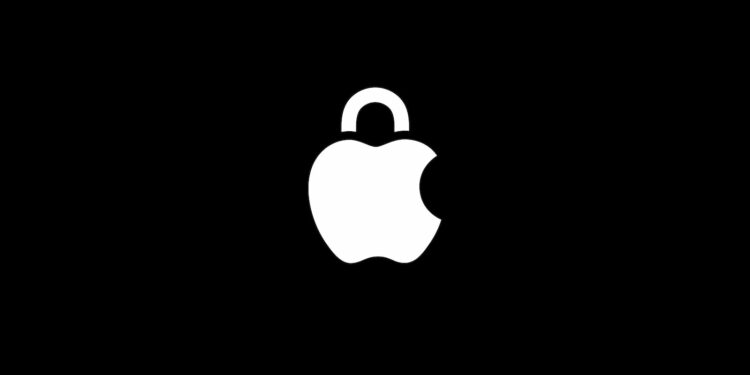In 2024, it became clear that push notifications on the iPhone are more than just notifications of new messages. While many users barely pay attention to them, they have become increasingly interesting to governments. Apple's push notification service allows users to request certain information at the account level. This has happened on a large scale – but Apple's response is now much more restrained than before.
Apple approved significantly fewer requests from government agencies for push notification data during 2024. At the same time, the number of requests increased significantly. According to Apple's latest transparency report, the number has almost doubled worldwide. While 119 requests were received at the beginning of 2023, this number had already risen to 277 by mid-2024. Nevertheless, the approval rate fell from 76 percent to just 59 percent during the same period.
What governments are interested in about push notifications
When you allow an app to send you push notifications, a so-called push token is created. This token links your device, the app, and your Apple ID. Governments can use this token to request certain data, such as your name, email address, or address. If an app doesn't use encrypted notifications, the content of the message itself may also be requested. This mechanism became public in 2023 after US Senator Ron Wyden revealed that Apple and Google had been forced by law enforcement agencies to hand over push data. Wyden also warned that encrypted messengers like Signal could also be affected if their push notifications aren't also encrypted. Apple points out in its transparency report that the content isn't decrypted via its own service; rather, security depends on how the respective app transmits the messages.
Detailed figures on government inquiries
Apple's transparency data provides a detailed insight into the scale of the requests. Between January and June 2024, 277 requests were received worldwide—almost double the 158 requests received in the same period in 2023. Despite this, Apple's approval rate fell from 76 to 59 percent. In the US, a total of 99 requests for 345 push tokens were submitted between July and December 2023. Apple approved 65 of these. In the first half of 2024, Apple approved only 36 requests from the US. The UK submitted 123 requests and received access to data 111 times. By mid-2024, there were still 127 approved requests.
- The case of Israel is particularly striking: A single request requested access to data on 694 push tokens. Apple rejected this mass request. While no precise information is available, the scope suggests a national security measure.
Other countries such as Germany, France, the Netherlands, and Singapore also appear in the report. Germany was granted access in five requests. France, the Netherlands, and Singapore also submitted requests, but these were rejected by Apple.
New rules at Apple: No disclosure without a court order
Since December 2023, Apple has tightened the requirements for the release of push data. A simple subpoena is no longer sufficient; instead, a court order is now required. This represents a clear change of course and is part of the company's broader data protection strategy. Apple has introduced several new privacy protection features in recent years – including App Tracking Transparency, Mail Privacy Protection, and Private Relay. The goal is to limit third-party tracking and better control access to personal data. Push notifications are somewhat of an exception here, as they technically run through Apple's infrastructure and are therefore particularly relevant for authorities.
What you can do as a user
Even though Apple has become more restrictive, you can take some steps yourself to better protect your data. Check the notification permissions of individual apps in the settings. The fewer apps allowed to send you push notifications, the fewer push tokens are created – and the less potential data there is for authorities to access. You can also restrict message previews. To do this, go to the notification settings and under "Show previews," select "When unlocking" or "Never." This way, sensitive content won't appear unencrypted on the lock screen. For additional security, you should prioritize apps that encrypt their push notifications or avoid sending them at all if they aren't absolutely necessary.
More requests, fewer approvals – Apple draws boundaries
The transparency report clearly shows: Governments around the world are increasingly accessing push notification data. Apple is responding with more restraint and stricter regulations. This is an important signal in times of increasing digital surveillance. Nevertheless, the push service remains a weak point through which more information flows than many realize. As a user, you have the opportunity to at least partially control the flow of data – through conscious behavior and targeted settings. (Image: Apple)
- Create your own AI chatbots: New feature in WhatsApp
- Apple defends itself against EU law – AirDrop in danger
- Report: China deliberately delays Apple Intelligence





